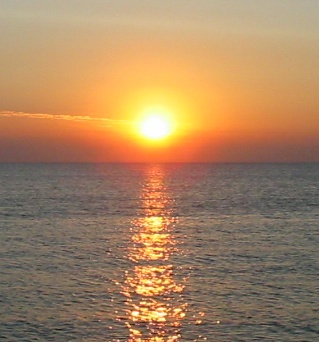Melbourne was given no respite from a sweltering summer, with unseasonal temperatures marking the start of autumn.
March saw weather records tumble as Melburnians experienced the fallout from the warmest summer since records began in 1855.
March heatwave statistics
- The heatwave broke the record for the most consecutive days above 30 degrees with nine days over 32oC.
- The record for the most consecutive nights over 20 degrees was also broken with seven between March 7 to 13.
- In 2013, up until the 25th, the average temperature has been 28.2 degrees.
- The average maximum temperature for March since records began up until the 25th March 2013 is 23.9 degrees.
Bureau of Meteorology Media and Community Relations Manager, Clare Mullen, said that a number of factors caused the high temperatures.
“The exceptionally warm conditions in the southeast during the first half of March were in part related to a near-stationary high pressure system in the Tasman Sea, which directed warm northerly air into southeast Australia,” Mullen said.
Locals are used to unpredictable conditions, but will this unseasonal weather continue?
“The current outlook for March- May is for cooler temperatures overall, although forecast confidence is low during autumn,” Mullen said.
The recent heat wave has once again raised questions over global warming.
Melbourne University School of Earth Sciences Professor David Karoly believes that the heatwave is indicative of the Greenhouse Effect.
He said that Melburnians should expect more weather events like the March heatwave in the not too distant future.
“The biggest apparent changes will be warmer winters, springs and autumns,” Karoly said.
According to an Australian Climate Change Commission report, The Angry Summer, heat waves will become more prevalent over the next couple of decades.
“We will be expecting hotter temperatures in autumn, also more heat waves in summer in the future,” Karoly said.
Karoly was part of the Intergovernmental Panel on Climate Change (IPCC) that was a joint winner of the 2007 Nobel Peace Prize along with Al Gore.
He also worked on the third and fourth assessment reports for the IPCC in 2001 and 2007 respectively.
[poll id=”24″]




